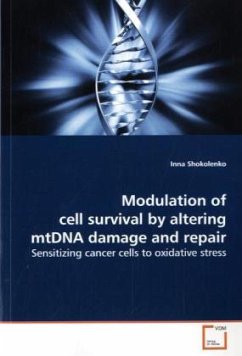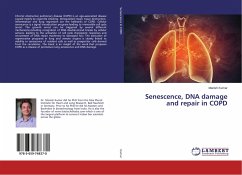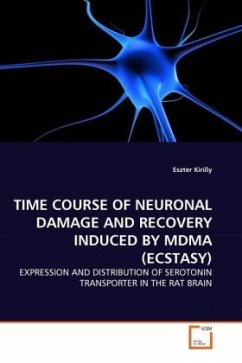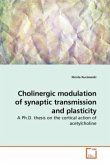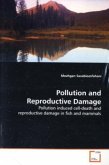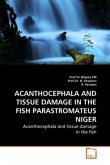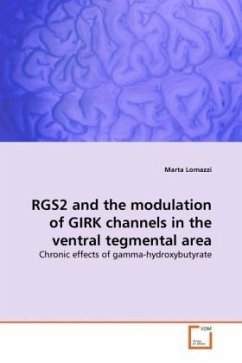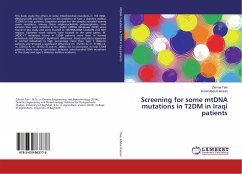Mitochondrial DNA is constantly exposed to, and
damaged by oxygen radicals generated by Electron
Transport Chain. This damage can lead to a loss of
genetic information about key proteins in the ETC.
What may follow is a dysfunction in cellular energy
production and cell death, unless it is repaired. An
efficient DNA repair mechanism in mitochondria keeps
the amount of damage at an acceptably low level. The
research in this book explores the ways to modulate
the efficiency of mtDNA repair and evaluates its
contribution to the overall cell survival.
Introduction of Exonuclease III from E.coli into
human mitochondria, either through stable
transfection, or by protein transduction leads to a
disruption of an efficient mtDNA repair and renders
cells more sensitive to the oxidative stress.
Modulation of mtDNA repair in this way can be a
potentially useful treatment strategy for
pathological conditions were a destruction of
abnormal cells is a desired outcome, as in
anticancer therapy. This work may be of interest to
students or professionals working in the field of
mtDNA repair.
damaged by oxygen radicals generated by Electron
Transport Chain. This damage can lead to a loss of
genetic information about key proteins in the ETC.
What may follow is a dysfunction in cellular energy
production and cell death, unless it is repaired. An
efficient DNA repair mechanism in mitochondria keeps
the amount of damage at an acceptably low level. The
research in this book explores the ways to modulate
the efficiency of mtDNA repair and evaluates its
contribution to the overall cell survival.
Introduction of Exonuclease III from E.coli into
human mitochondria, either through stable
transfection, or by protein transduction leads to a
disruption of an efficient mtDNA repair and renders
cells more sensitive to the oxidative stress.
Modulation of mtDNA repair in this way can be a
potentially useful treatment strategy for
pathological conditions were a destruction of
abnormal cells is a desired outcome, as in
anticancer therapy. This work may be of interest to
students or professionals working in the field of
mtDNA repair.

